detail profile rei hirano
Peran Yang Di Mainkan Rei Hirano
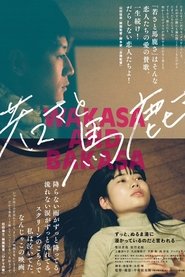 Takaya and Sakura have been living...
Takaya and Sakura have been living...Wakasa and Bakasa 2019
Takaya and Sakura have been living in the same apartment splitting the rent. But Sakura wants to move out of there as soon as possible. In addition, Takaya was recently fired from his part-time job, so Sakura has to work harder, even more when Takaya is not motivated to do anything.
 The semibiographical The Extremists Opera follows...
The semibiographical The Extremists Opera follows...The Extremists' Opera 2016
The semi-biographical The Extremists' Opera follows the everyday and inner struggles of a women-only alternative theater group delivering explosive and politically controversial explosive stage performances under the control of tough mannered director Naoko.
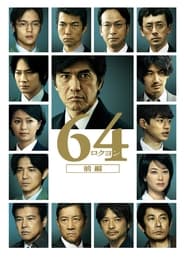 1989 64th and last year of the...
1989 64th and last year of the...64: Part 1 2016
1989: 64th and last year of the Showa era. A girl is kidnapped and killed. The unsolved case is called Case 64 ('rokuyon'). 2002: Yoshinobu Mikami, who was the detective in charge of the Case 64, moves as a Public Relations Officer in the Police Affairs Department. His relation with the reporters is conflicted and his own daughter is missing. The statute of limitations for the Case 64 will expire in one year. Then a kidnapping case, similar to the Case 64, takes place. The rift between the criminal investigation department and police administration department deepens. Mikami challenges the case as a public relations secretary.
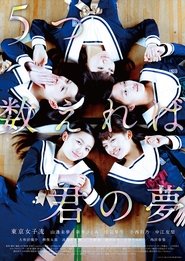 Set within the backdrop of an...
Set within the backdrop of an...If You Count to Five, It's Your Dream 2014
Set within the backdrop of an all girls high school where a cultural festival is about to be held. The happiness and conflicts of five girls are told.
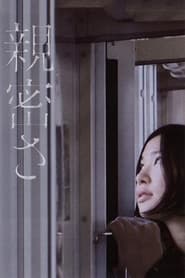 Hamaguchi wrote and directed this film...
Hamaguchi wrote and directed this film...Intimacies 2012
Hamaguchi wrote and directed this film as a graduation project for the students at ENBU Seminar (film and theater school in Tokyo) when he taught there. It is a three-part film: The first part is a documentary-style production of a play; Then the actual full stage production of the play; and the epilogue. Poetry and written words play the central role in the movie.
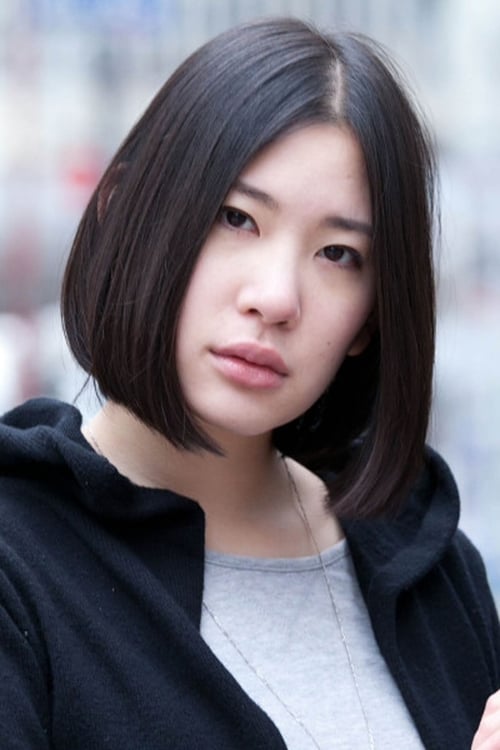
 An eightyearold boy and his aunt...
An eightyearold boy and his aunt...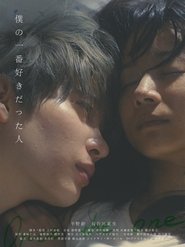 One night yu meet kanae who...
One night yu meet kanae who... A man and a woman share...
A man and a woman share...